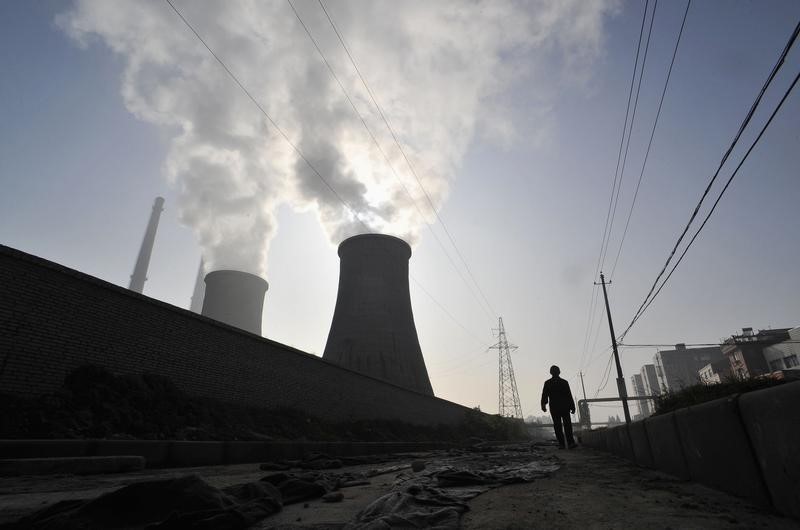Nov 28 (Reuters) - Ottawa has struck a deal with Saskatchewan, a fierce critic of its environmental strategy, allowing it to continue running coal-fired electricity plants past 2030 if it makes equivalent cuts elsewhere to greenhouse gas emissions, the governments said on Monday.
Prime Minister Justin Trudeau's government said last week it would speed up its plan to eliminate traditional coal-fired power by 2030, angering the western province of Saskatchewan, one of a few provinces that burns coal for power. the Saskatchewan and Canadian governments said in a joint statement that the province could meet federal emissions requirements over time based on its entire electricity system, rather than through regulations on each coal-fired plant.
The deal would allow Saskatchewan, a farming and mining province, to continue its plan to cut emissions by 40 percent from 2005 levels by moving to greater use of renewable energy, provincial Environment Minister Scott Moe said.
The federal government considered steps that Saskatchewan is already taking in making the agreement, Canadian Environment Minister Catherine McKenna said.
Ottawa's move away from coal-powered plants is part of its bid to cut greenhouse gas emissions to levels agreed under the Paris climate change accords. Those agreements include imposing a minimum price on carbon emissions by 2018.
